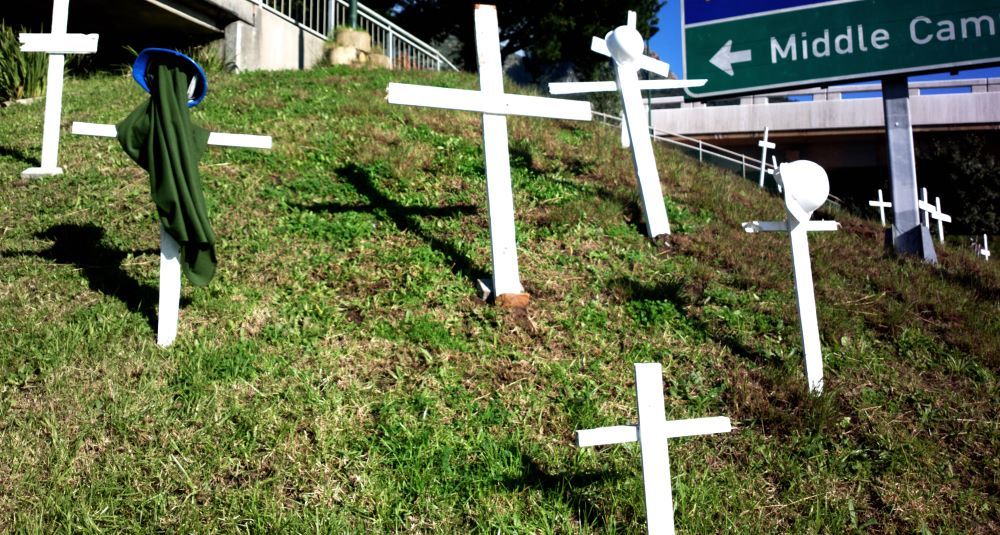About the project
The Bodies of Evidence (BoE) project is interested in how forensic evidence, broadly defined, interacts with socio-legal contexts. In particular, BoE is curious about how local knowledge systems co-mingle, co-exist and exchange information with conventional understandings of what forensic evidence looks like.
To this purpose, BoE is looking at South Africa’s experiences with death, dying, atrocity crimes and forensic information. Referencing a wide range of forensic products – from apartheid-era medico-legal documents, to exhibits from the Marikana Commission of Inquiry – BoE draws on decolonial, Africa-centred theory and method to better understand embodied experiences of truth recovery after violence.
In addition, BoE approaches forensics from a data perspective: examining the creation and use of biodata for claiming dead bodies. These techniques are discussed as an instance of forensic ethics and technological progress on the one hand; and as a necro-political act on the other.
The project falls within digital criminology, critical legal studies, critical forensics and corporeal approaches that forefront notions of embodied time, space and place.
Objectives
The project has the following goals:
- To promote the development of theory and empirical methods regarding embodiment and critical forensics.
- To provide empirical knowledge about non-Western methods of understanding the body and how it interacts with forensic science.
- To explain how digital forensics, data about bodies and body concepts affect people's lives, and influence ideas around what constitutes bodily evidence.
Advisory Board
- Pascal Adalian, Prof. at the Faculty of Medicine, Aix-Marseille Université & President of the Forensic Anthropology Society of Europe (FASE), Judiciary Forensic Expert.
- Nils Anfinset, Prof. and Vice Dean at the University Museum in Bergen, Department of Cultural History, University of Bergen.
- Elisabeth Anstett, Researcher in Social Anthropology at the Centre National de la Recherche Scientifique & Director of the Corpses of Mass Violence and Genocide programme funded by the European Research Council.
- Kathleen Hardy is an Advocate at the South African Bar, where her main areas of practice and interest include constitutional and administrative law, general commercial and contractual law, employment and labour, mining and environmental law.
- Claire Moon, Professor at the Department of Sociology, The London School of Economics and Political Science.
- Athandiwe Saba, freelance journalist currently working with Code for Africa; previously Deputy Editor at the Mail and Guardian.
- Joelle Vailly, Research Director in Sociology and Anthropology at the French National Centre for Scientific Research (CNRS).
- Welmoet Wels is a lecturer at the University of Groningen, Faculty of Law. Her research focuses on the international law on dead bodies in armed conflict, peacekeeping, protection of civilians, human rights & humanitarian law, and gender.
Project period
The project runs from 2021 to 2026.
Financing
The project is financed by The Research Council of Norway (Young Researcher Talents). Project number: 300205.
